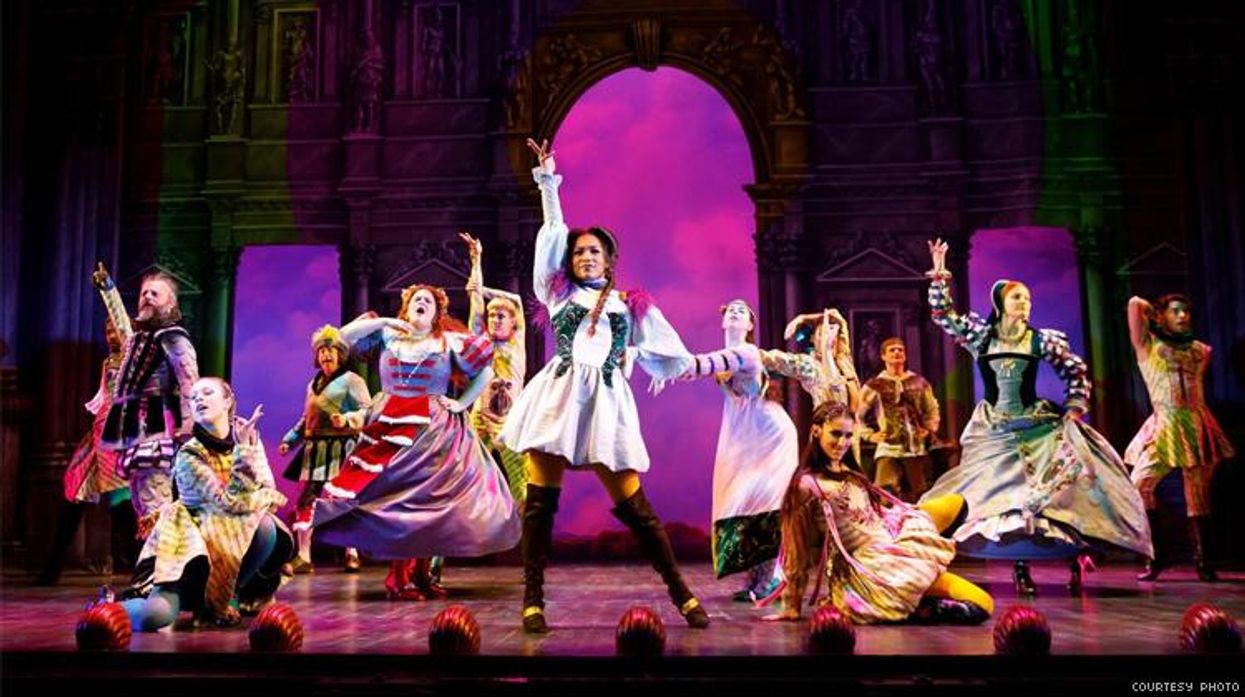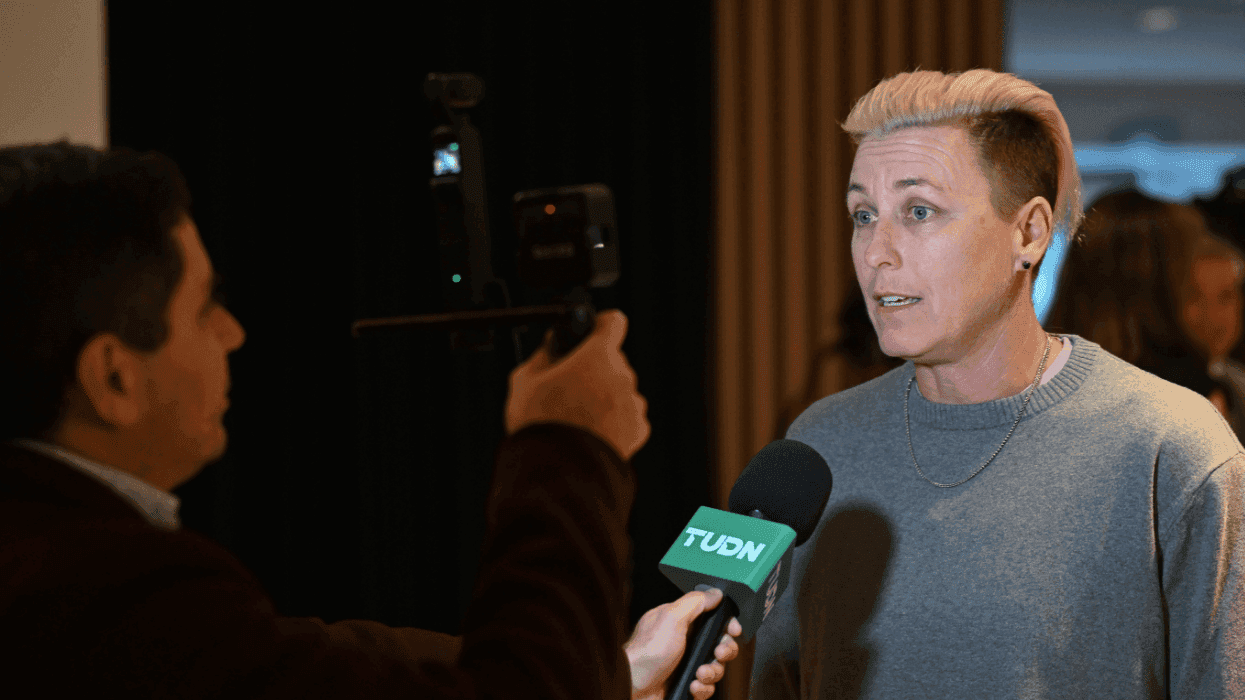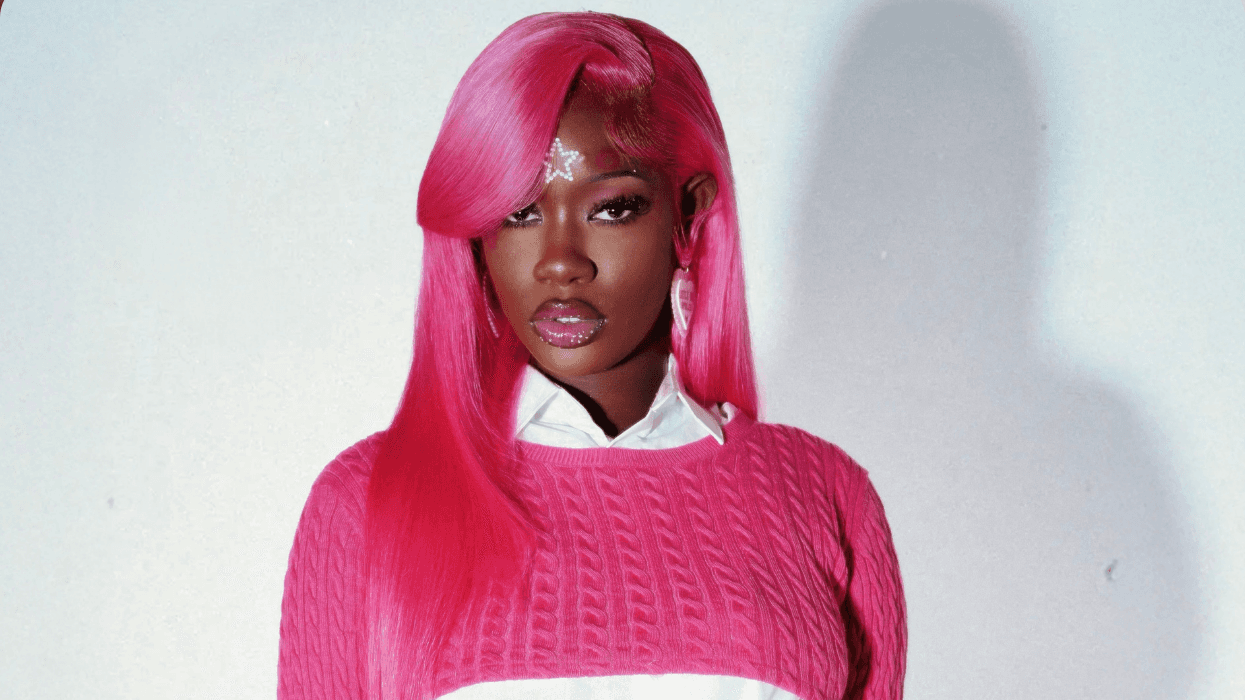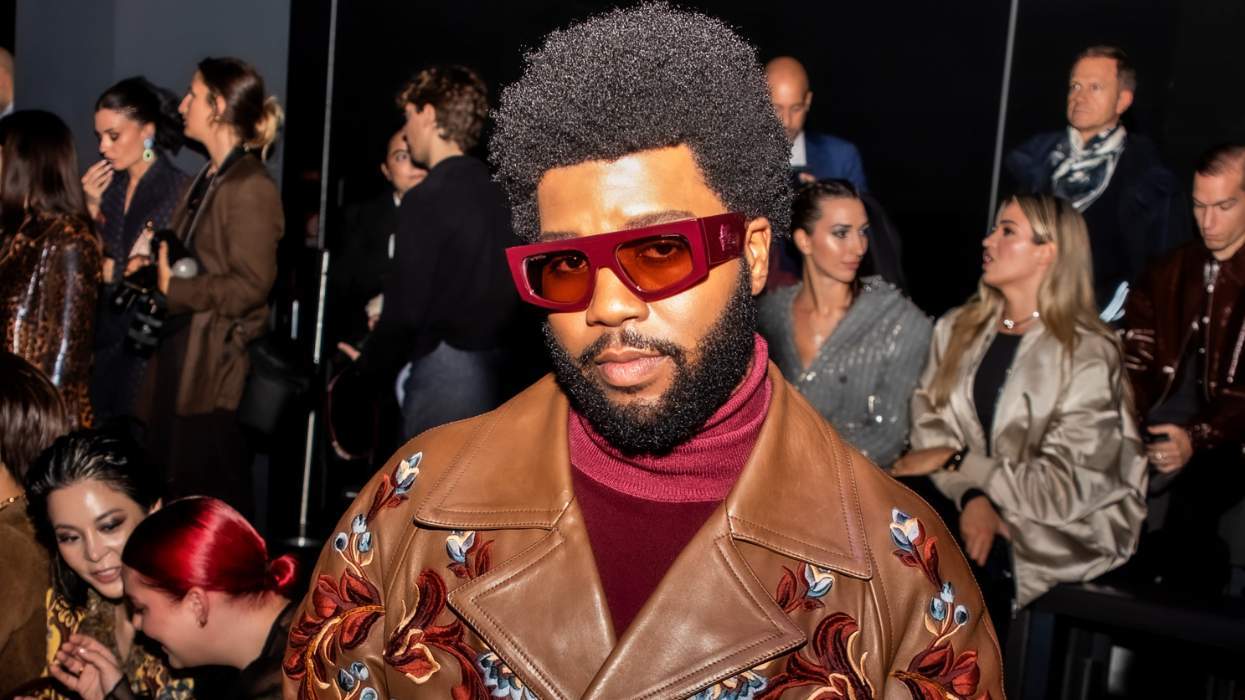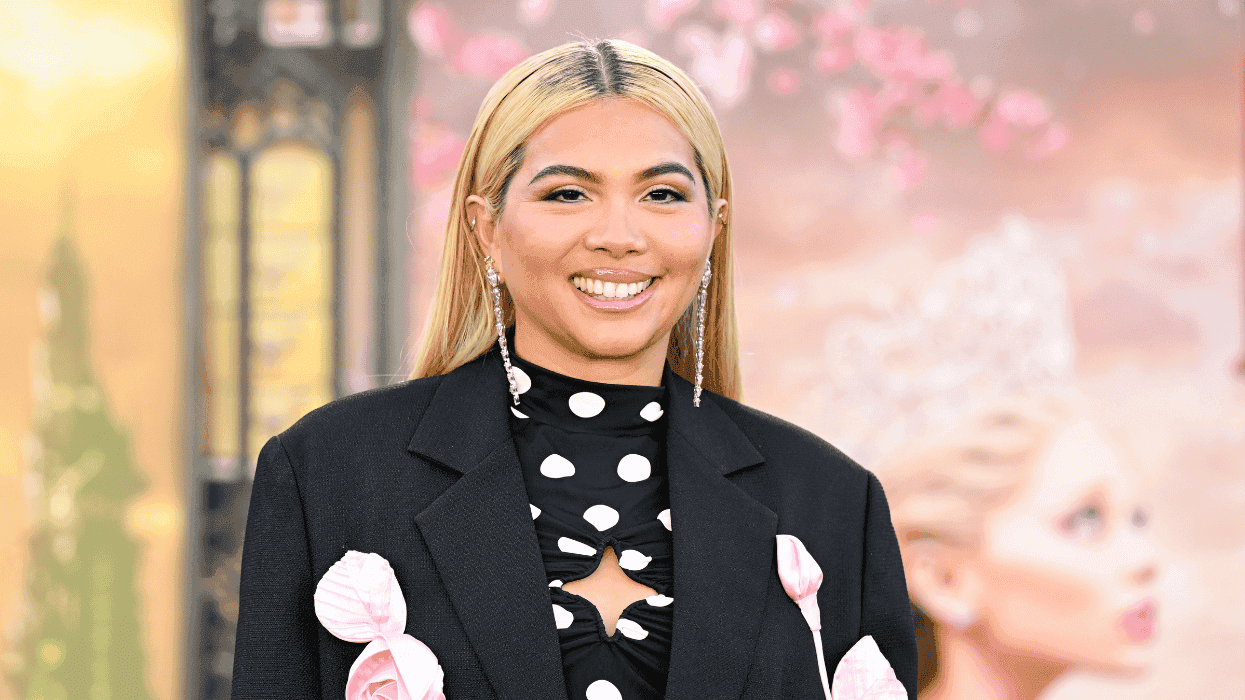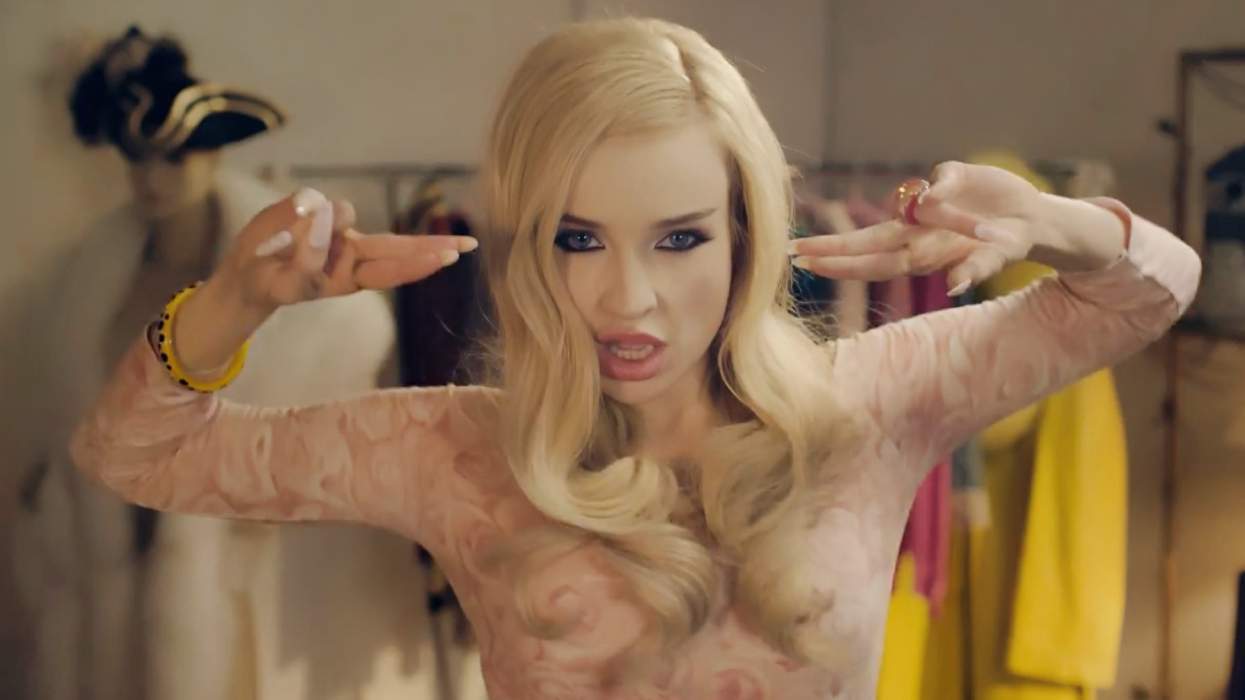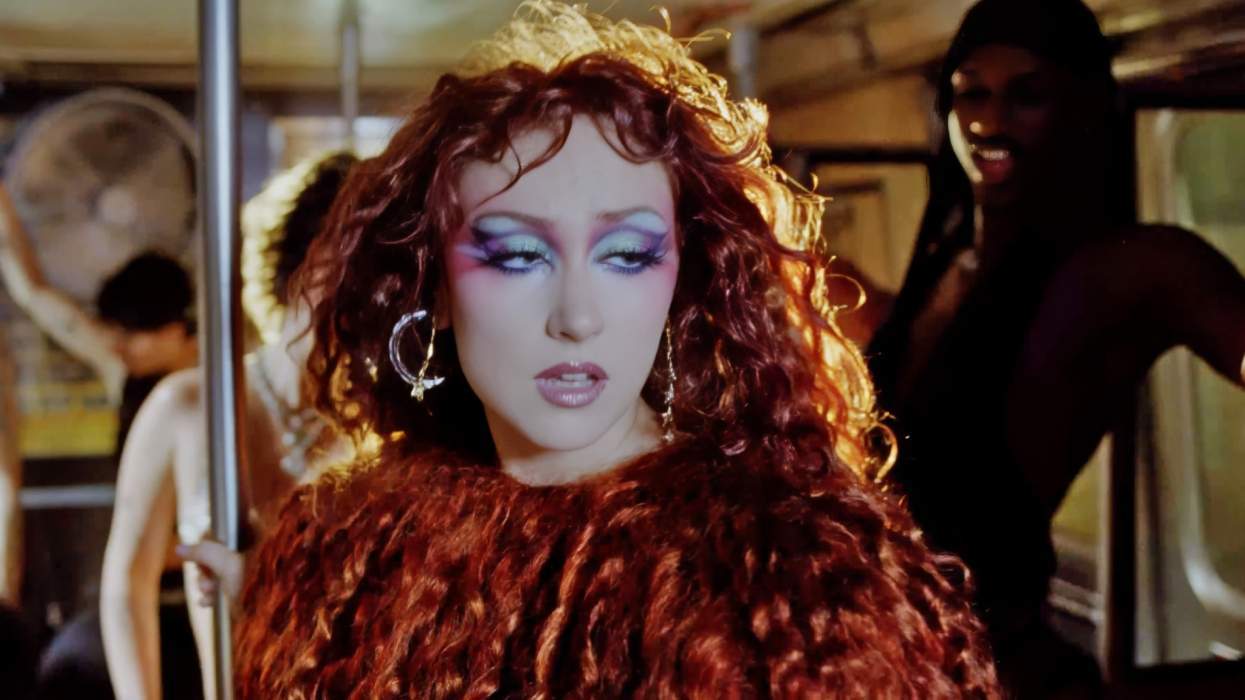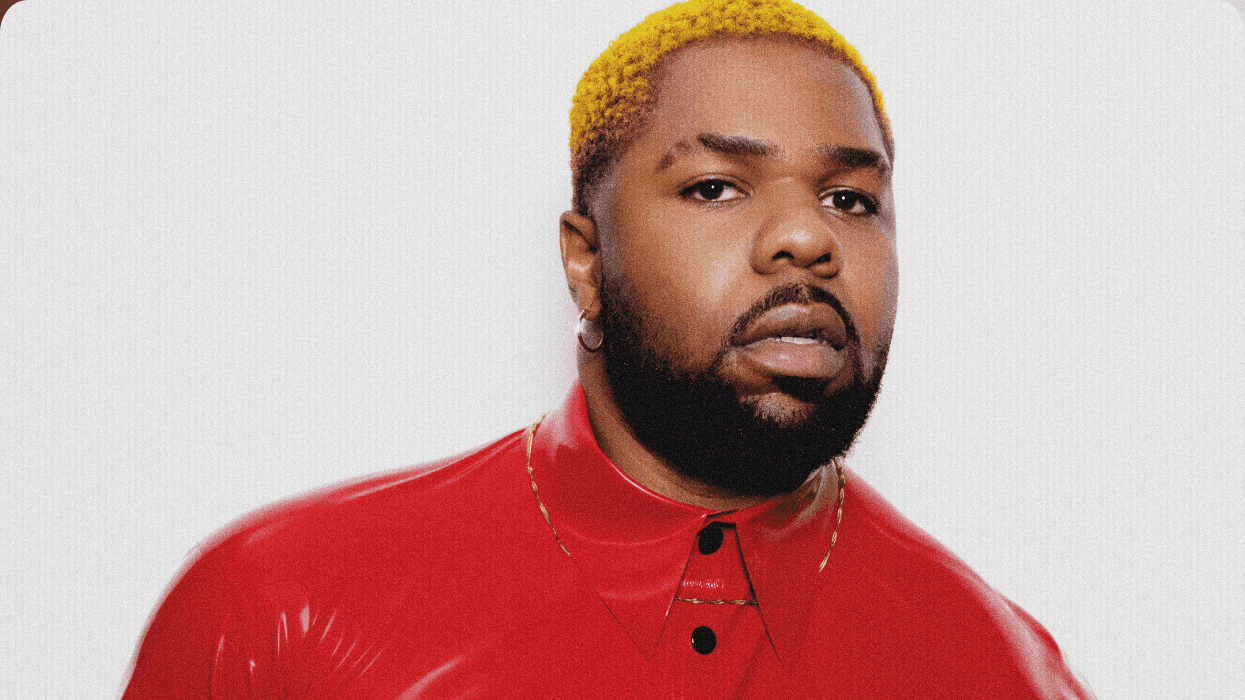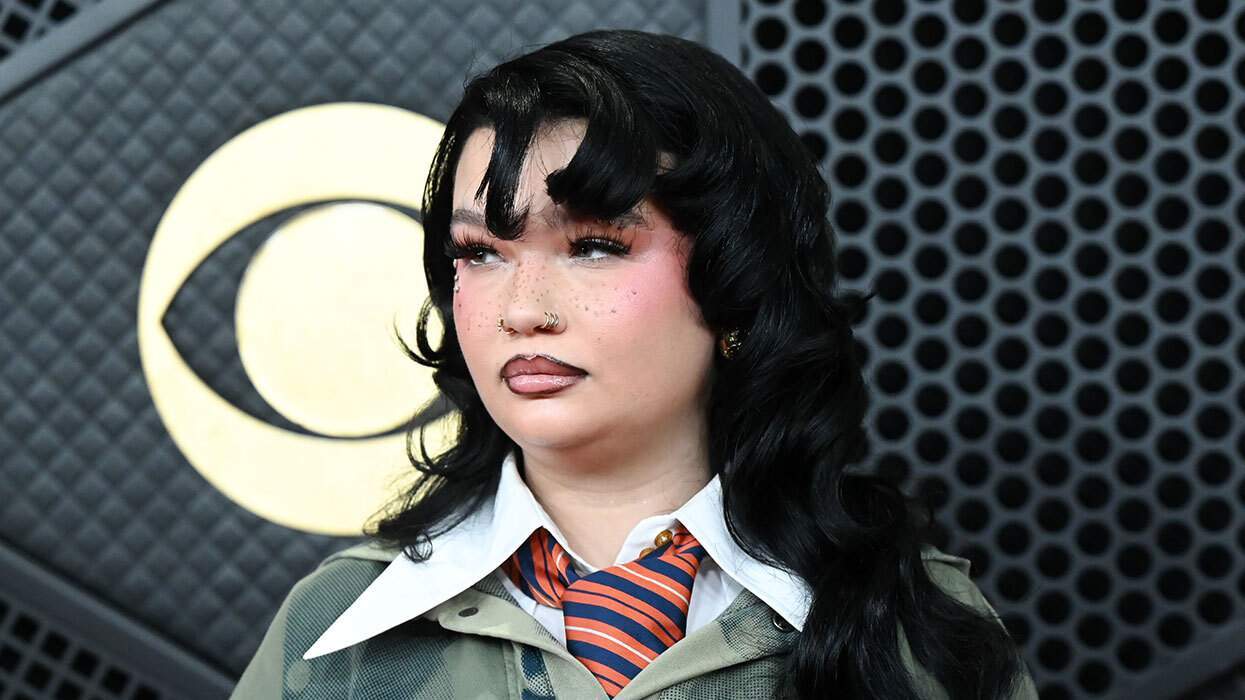Donald Trump would loathe Broadway's newest hit, Head Over Heels, likely claiming it promotes "a liberal agenda."
And he would be 100% correct.
The musical promotes messages of inclusivity, body-positivity, and acceptance while gracefully tackling issues surrounding sexism, power, queerphobia, and toxic masculinity.
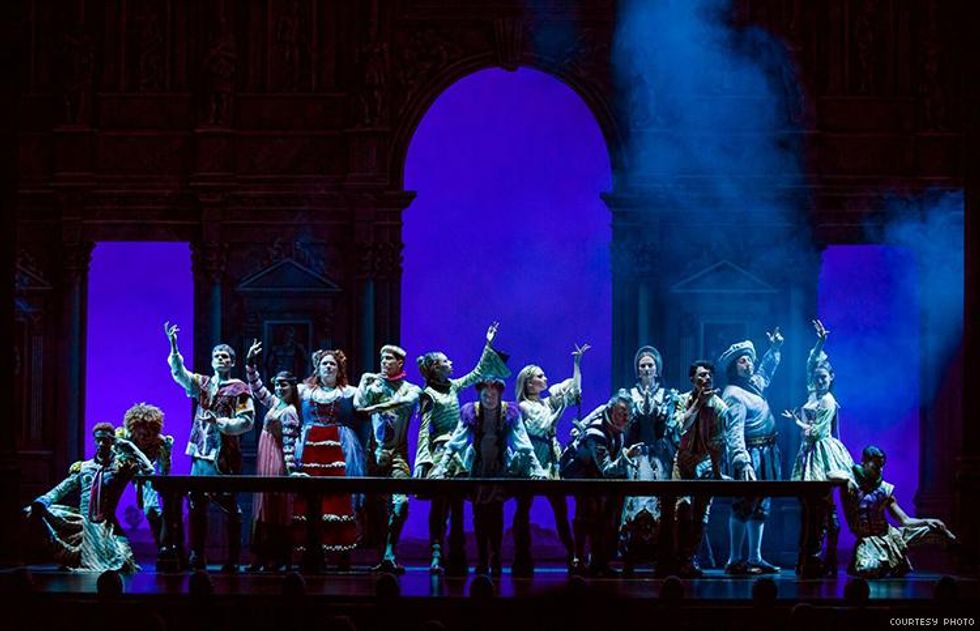
In fact, "shine through brightly" may even be an understatement. Head Over Heels heavy-handedly hits its inclusive messages home, but does so in a comedic manner that's self-aware of how blatantly it promotes them, especially when it comes to the fluidity and nonbinary components of gender.
Using the The Go-Go's classic songs from the 80s, Head Over Heels is a Renaissance period piece, where transgender icon and RuPaul's drag race alumnus Peppermint plays Pythio, a gender nonbinary oracle who not only foretells apocalyptic doom if the royal family of Arcadia doesn't change its ways, but also explains (and demands) the correct use of gender pronouns in a simple manner that even a toddler could comprehend. (They didn't use any Judith Butler quotes.)
As each of the prophecies Pythio predicted slowly becomes a reality, the king of Arcadia -- who embodies traditional "masculine" qualities (i.e., unwillingness to compromise under the false pretense of strength) -- slowly realizes that the things he previously considered assets are leading to his royal downfall.
All the while, the king's daughters, no matter how much he tries to protect them from falling in love, do so right under his nose, in the most humorous of ways.
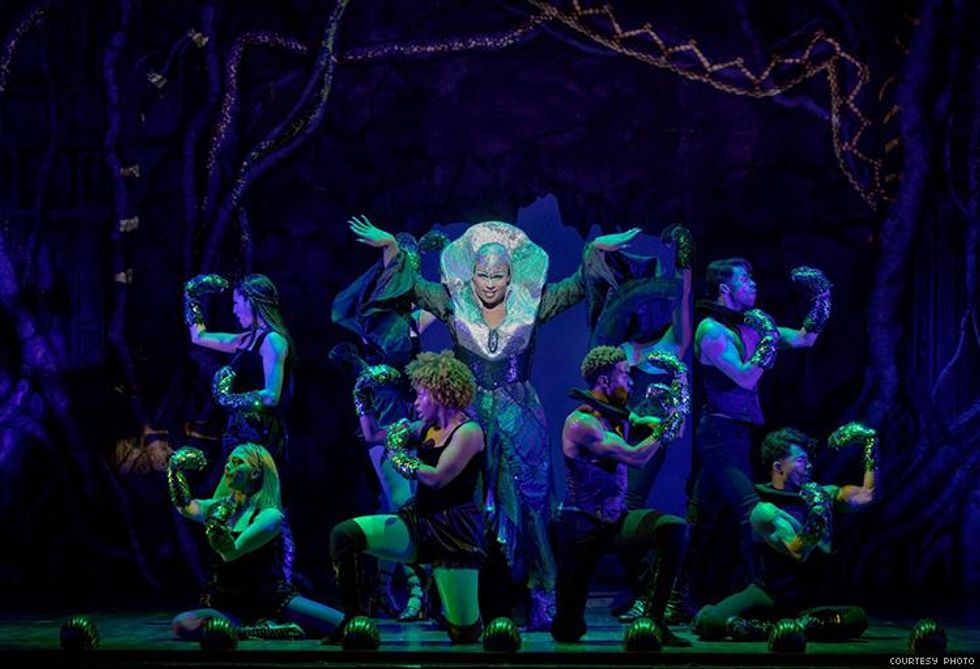
And in a time when conversations surrounding gender, sexuality, and identity are often serious (and they very much need to be in order to bring about change and acceptance), it's nice to see a show that reminds us that playing with gender and expressing who we are can also be fun.


